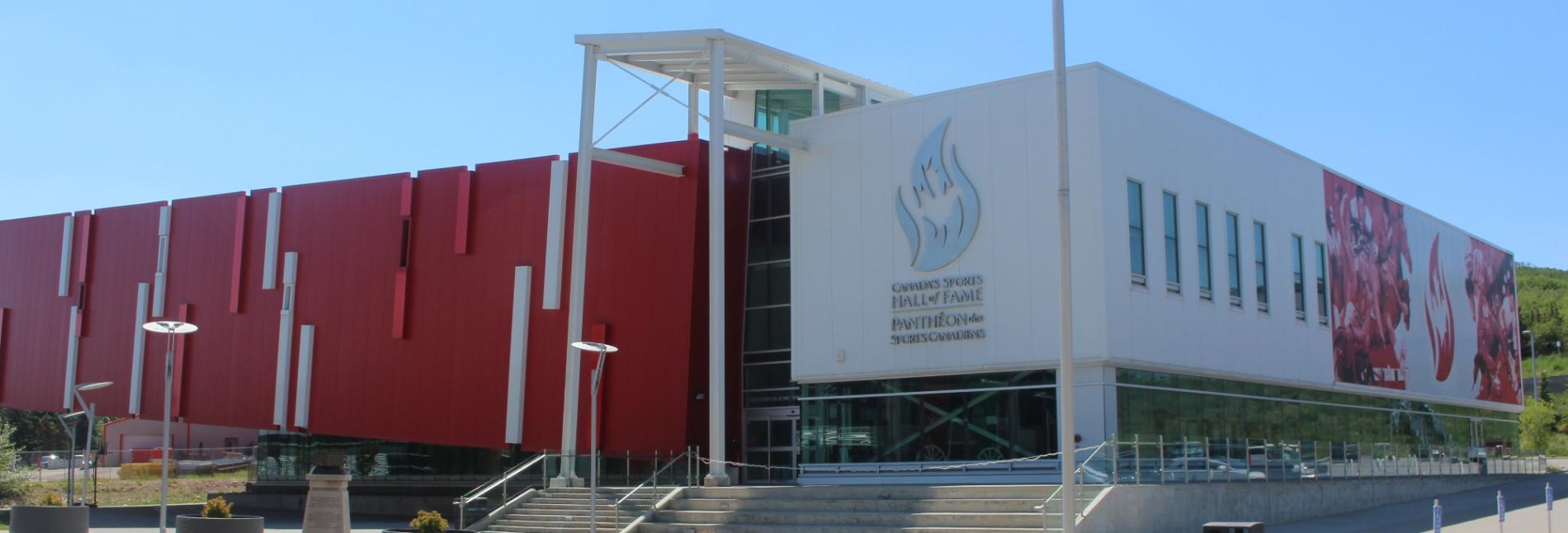Hall of Famer
Harold Wilson
Inducted in 1975
Member Details
Career Highlights
World Speedboating Championship Title
Awarded Official World Championship Title
North American Gold Cup Class record of 119 mph with Miss Canada III
North American record of 143 mph with Miss Canada IV

Story
Harold Wilson was the first Canadian speedboating pilot to make his mark on the international racing scene. His father, Ernest Wilson, was president of Greavett Boats Ltd., the Ingersoll Machine and Tool Company, and the John Morrow Screw and Nut Company. With all the necessary tools, materials, and knowledge at their disposal, father and son were able to build the Miss Canada and Little Miss Canada series of speedboats, an entire dynasty of championship vessels. With his fiance, and later wife, Lorna Reid on board as mechanic, Harold Wilson claimed three world championship titles and set numerous speed records over the course of his 20-year competitive career. Wilson began his racing career in 1928 with a victory in the 25 horse power runabout class at the Muskoka Lakes Association race. Between 1930 and 1934, he collected numerous victories in Ontario regattas aboard Little Miss Canada I, II, and III, as well as outboard hydroplanes. In 1933, when the Canadian National Exhibition announced its first world championship race for 225 cubic inch boats, the Wilson team entered with Little Miss Canada III. Competing against the world's finest boats of this class, Wislon drove her to victory, defeating American record-holder Mortimer Auerback in the process. The following year, Wilson repeated this victory with her successor, Little Miss Canada IV. By 1935, the Wilson team was building the first in their Gold Cup Class series of vessels, dubbed the Miss Canada boats. At the 1939 Silver Cup, one of the Gold Cup Class world championship races, Wilson and Miss Canada III came second. This impressive placing earned them an invitation to represent Canada in races across Europe. The onset of World War II, however, made this trip impossible. Also in 1939, Wilson drove Miss Canada III to victory in the President's Cup race at Washington, D.C. President Roosevelt personally presented him with the trophy at the White House, breaking the donor's rules of keeping the prize within the United States by declaring that Canada was a "brother country." Wilson was thus the first foreigner to take the President's Cup out of the United States and the first Canadian to win a major American trophy. In 1942, Wilson was awarded the official world championship once again based on the points that he had accumulated during that 1939 season. His races at Detroit and Washington that year had given him the highest score of all wartime boat racers. Following the war, Wilson repowered Miss Canada III with a Rolls Royce Merlin engine and set a North American Gold Cup Class record of 119 miles per hour at Picton, Ontario in 1947. His next challenge was the Harmsworth Trophy, the most coveted of speedboating prizes. His next boat, Miss Canada IV was the first Canadian vessel to compete for this trophy. Though problems with her Rolls Royce Griffon engine kept him from claiming the Harmsworth that year, Wilson drove Miss Canada IV to a new North American record of 139 miles per hour in 1949. After another unsuccessful run at the Harmsworth, Wilson tried to break the world speed record of 160 mph for unlimited hydroplanes. At Picton, he got Miss Canada IV up to a speed of 173 miles per hour in one direction, but was prevented from making this record official when her transmission failed on the way back. Wilson retired from racing shortly thereafter, and Miss Canada IV was sold and renamed Miss Supertest I. Though he never won the coveted Harmsworth Trophy himself, the years of research that he put into designing the Miss Canada boats proved to be the springboard from which Jim Thompson, Bob Hayward, and the Supertest III would launch themselves into speedboating history as the first team to bring this prestigious prize to Canada. A true pioneer for Canada in the world of speedboat racing, Wilson was the first Canadian to receive an honoured place in the U.S. Gulf Marine Hall of Fame.






